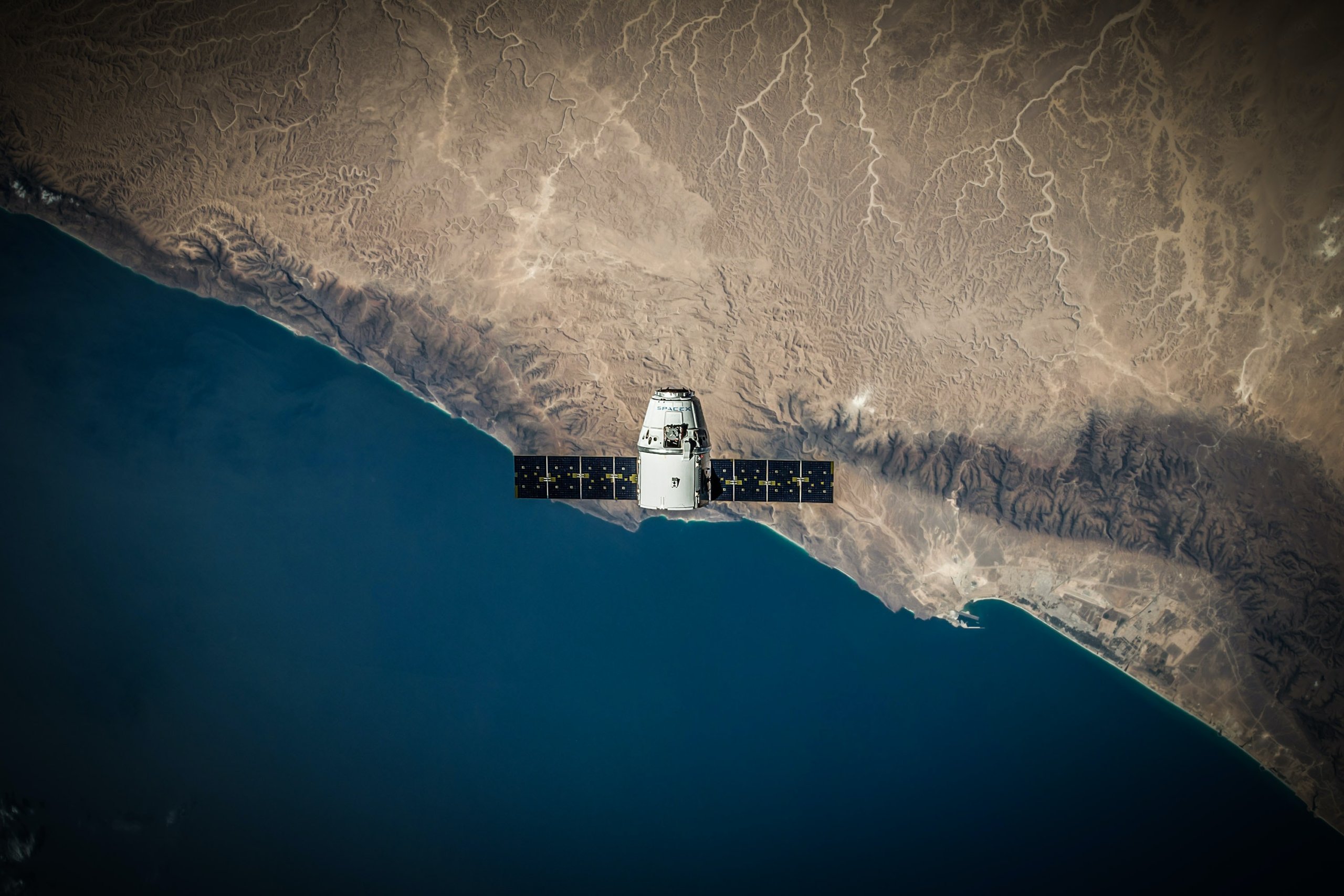This is an extract from an article written by Marina Favaro and published by the Modern War Institute.
Recent commentary has sounded the alarm on the ability of so-called “emerging” technologies to tilt the balance of terror and complicate strategic stability calculations. Indeed, from the longbow and gunpowder to the tank and nuclear weapons, technological innovation has revolutionised and redrawn the borders of the battlefield. The same will be true of the range of new capabilities on the horizon, not least those in the space and cyber domains. But how are these new technologies distinguishable from that which came before them—in qualitative and quantitative terms? And how can we measure the impact of these technologies in a way that is not alarmist, but rather, allows us to systematically evaluate them on their potential for disruption?
Comparing the impacts of heterogeneous technologies side by side (especially across two domains) can be challenging; it is the policy equivalent of comparing apples with oranges. This becomes especially apparent when we consider the numerous and wide-ranging ways in which emerging technologies have the potential to complicate strategic stability. They could, for example, provide new ways to use or stop the use of nuclear weapons (e.g., AI for missile defense could significantly change the deterrence calculation). They might blur the boundary between nuclear and non-nuclear infrastructure (e.g., the dual-use nature of satellites might increase the potential for misidentification or unintended escalation). They could create new vulnerabilities within existing systems (e.g., new technologies might enable cyberattacks on civilian infrastructure). And more fundamentally, they might even change the game (i.e., the technology, and its proliferation to new actors, could make attribution more difficult).
However, it is crucial to note that we have always had to contend with new technologies, and it is too easy to forget what was considered “emerging” and when. As a result, it is important to frame a discussion about the impacts of emerging technologies upon strategic stability as exhibiting elements of both continuity and change. Continuity does not mean that nothing changes, but rather, it helps to sober overblown claims that every emerging technology seemingly represents a revolution in military affairs.
With that in mind, perhaps it is possible to develop a measured and systematic means of forecasting the actual impact of individual technological capabilities…
This article was originally published by the Modern War Institute. You can read the rest of the article here.
RUSI has published one of the two conference papers referenced in this article. You can read the paper here.
Marina Favaro is a policy analyst at the British American Security Information Council, where she manages the “Emerging Technologies” research programme, and consultant at King’s College London’s Centre for Science and Security Studies.

